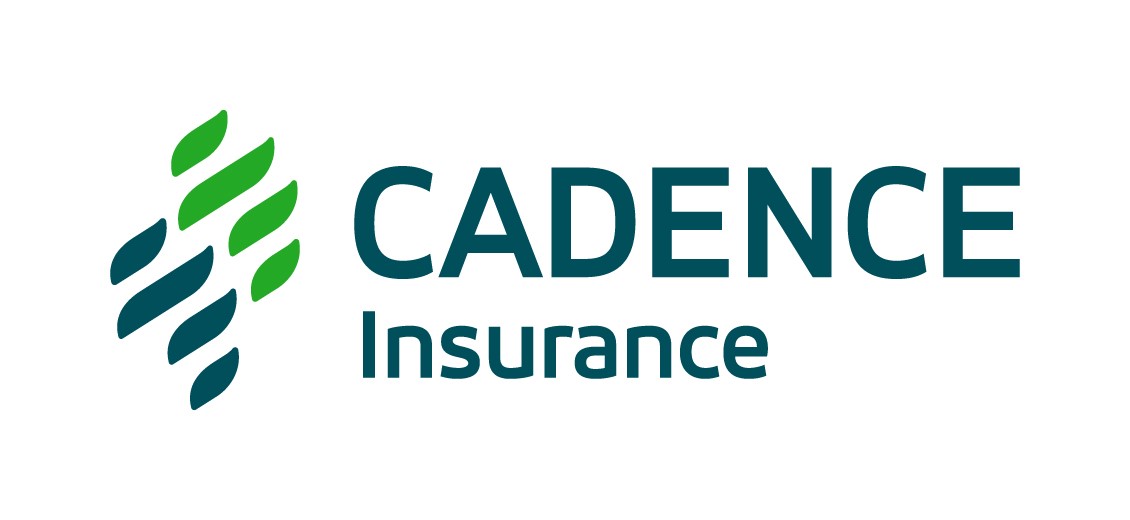Survey of 20,000 U.S. Physicians: 80% of Doctors are Over Extended or at Full Capacity
U.S. and Arkansas patients are likely to face growing challenges in access to care if shifting patterns in medical practice configurations and physician workforce trends continue. This is one of the key findings of a major new survey of 20,000 physicians conducted by Merritt Hawkins for The Physicians Foundation, a nonprofit organization that seeks to advance the work of practicing physicians and help facilitate the delivery of healthcare to patients.
According to the research, titled “2014 Survey of America’s Physicians: Practice Patterns and Perspectives,” 81 percent of physicians describe themselves as either over-extended or at full capacity, while only 19 percent indicate they have time to see more patients. Survey responses from physicians in Florida indicate that 79% of physicians in the state are overextended or at full capacity.
Forty-four percent of physicians surveyed plan to take steps that would reduce patient access to their services, including cutting back on patients seen, retiring, working part-time, closing their practice to new patients or seeking non-clinical jobs, leading to the potential loss of tens of thousands of full-time-equivalents (FTEs). In Florida, over 44% of physicians plan to take such steps.
“America’s physician workforce is undergoing significant changes,” said Walker Ray, M.D., vice president of The Physicians Foundation and chair of its Research Committee. “Physicians are younger, more are working in employed practice settings and more are leaving private practice. This new guard of physicians report having less capacity to take on additional patients. These trends carry significant implications for patient access to care. With more physicians retiring and an increasing number of doctors, particularly younger physicians, planning to switch in whole or in part to concierge medicine, we could see a limiting effect on physician supply and, ultimately, on the ability of the U.S. healthcare system to properly care for millions of new patients.”
The survey, conducted online from March 2014 through June 2014 by Merritt Hawkins for The Physicians Foundation, is based on responses from 20,088 physicians across the U.S. The overall margin of error (MOE) for the entire survey is less than two percent, indicating a very low sampling error for a survey designed to draw opinions and perspectives from a large population.
Other responses to the survey from Arkansas doctors to the survey include:
32% describe their morale as positive, while 68% describe their morale as negative
69% would choose medicine as a career if they had it to do over, while 31% would not
46% will accelerate their retirement plans due to ongoing changes in medicine and healthcare
25% participate in accountable care organizations (ACOs)
77% believe there is a physician shortage and that more doctors should be trained.
With over one million data points, the survey paints a portrait of today’s doctors, many of whom have deep concerns about the state of the medical profession and are seeking alternatives to traditional private practice. However, the survey indicates that there has been some improvement in physician morale and outlook since the survey was last conducted in 2012. In general, younger physicians tend to be more positive in their outlook than do older doctors.
Responses to the survey are available by state, and those who would like to obtain a copy of responses from Arkansas physicians are welcome to email Angela Tedesco at angela.tedesco@merritthawkins.com or to call Merritt Hawkins at 800-306-1330.















